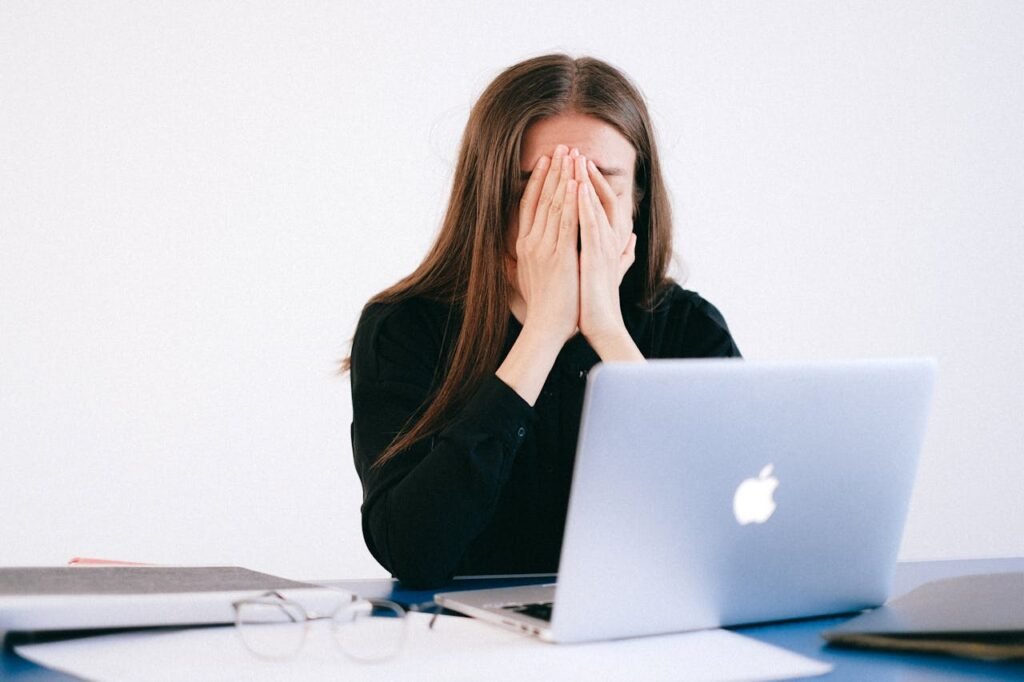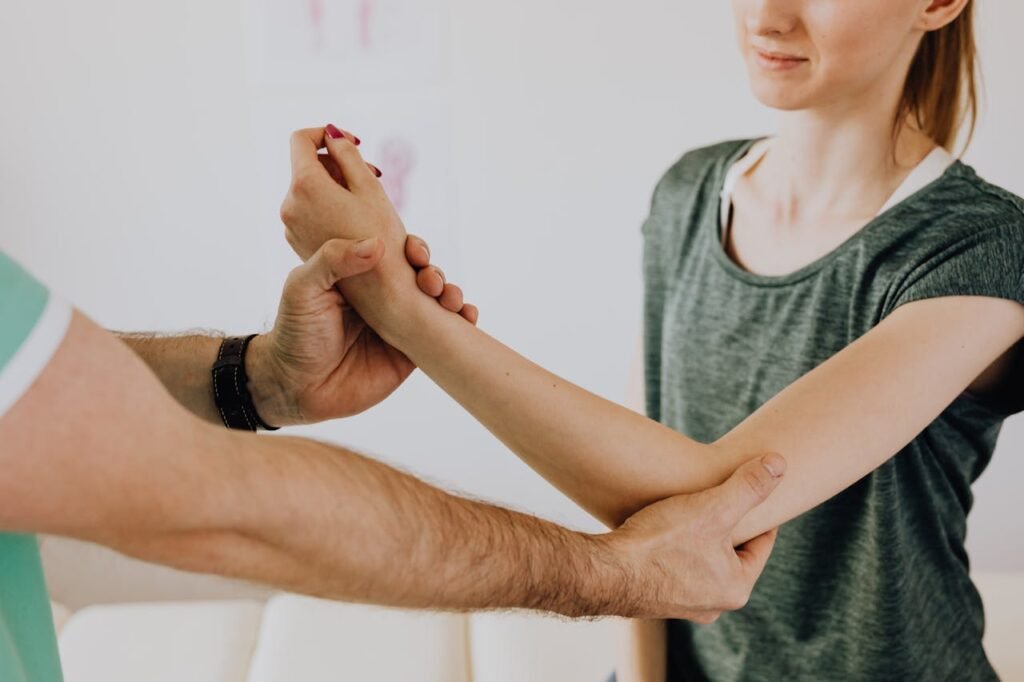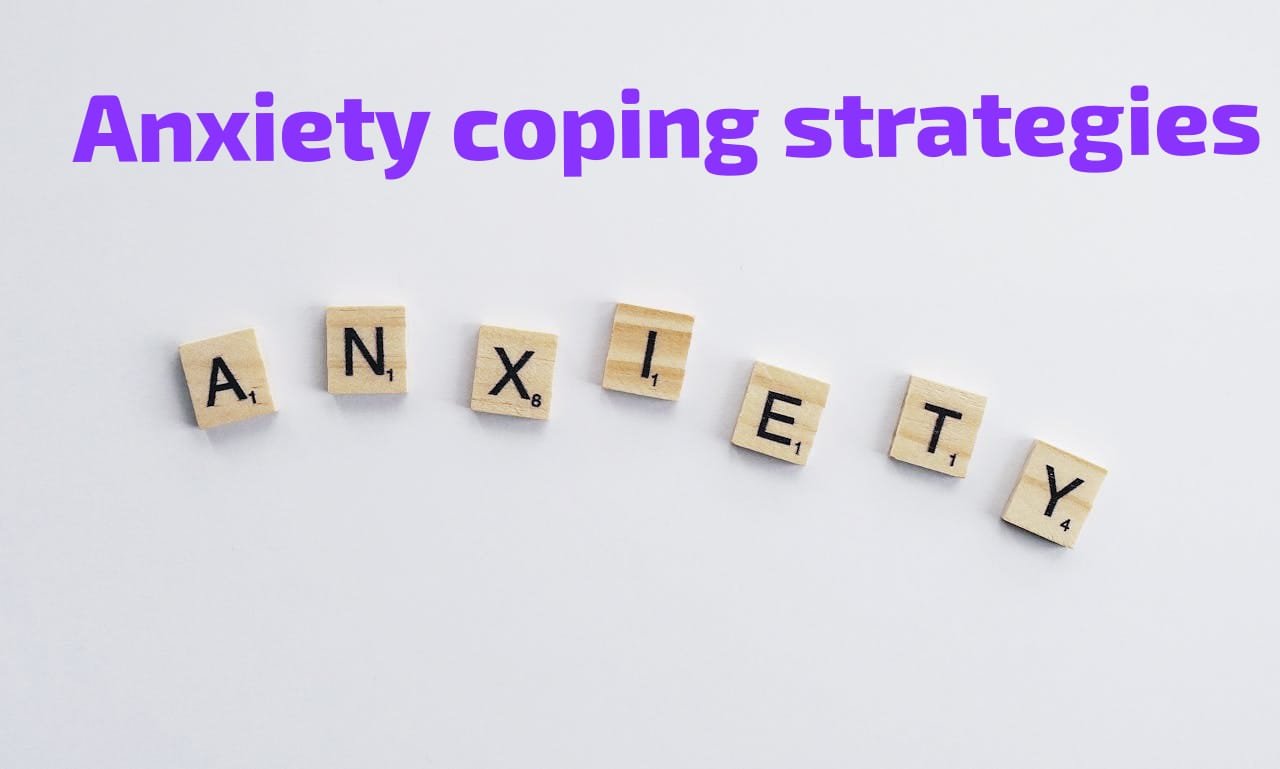What is anxiety?
Anxiety is commonly declared a psychological disorder that can affect the physical and mental health of a person simultaneously. Anxiety is basically a body’s natural response to uncontrolled stimuli such as fears, unpleasant happenings, threats, stress, feelings of grievance or sorrow, etc. The intensity of this disease depends on the type of factor, i.e., it may range from short-term and normal to prolonged and chronic (in the case of a very severe incident), which may pose a disastrous impact on the physical and mental health of a person.

Types of Anxiety Disorders
Usually, this disease is categorized into the following four types: Each type of this disorder poses specific symptoms and challenges.
- Generalized anxiety disorder (GAD)
Frequent feelings of extreme worry or nervousness about money, health, and family matters even when there is minute or no reason to fear about them.

- Panic disorder
Repeated and sudden panic attacks are indicated by a sudden wave of fear or irritation or a sense of losing control, even when there is no clear danger or trigger.
- Social anxiety disorder
People with this illness have a strong feeling of this disease or fear in conditions where they may be scrutinized, evaluated, or mediated by others, such as speaking in public, meeting new people, dating, being on a job interview, responding a question in class, or having to talk to a cashier in a store.

- Specific phobias
Feeling an intense, irrational fear of something.

The Physical Manifestations of Anxiety
This disease not only destroys mental peace; it also interferes with the normal functioning of the body’s various systems. A continuous condition of this disease causes stiffness in muscles and joints, which may disturb the sleep-wake cycle and daily activities.
- Muscle Tension
Prolonged anxiety may lead to the body’s sensitivity, as in the case of the fight-or-flight response. The body becomes responsive to stress signals by becoming stiff. The most vulnerable parts of the body are the shoulders, neck, and backbone.

- Joint Discomfort
This disease may also affect joints as a result of great muscular stress, which alternatively may pose extra strain on joints and cause the body’s immobility, joint pain, and stiffness.

Impact of Anxiety on Muscles
- Mechanism of Muscle Tension
This disease causes muscle tension and stiffness through the release of stress hormones in the body like adrenaline and cortisol, whose prolonged release may activate the body to give a response in the form of the body’s ache and discomfort.
- Symptoms of Muscle Tension
The main symptoms of muscle tension caused by anxiety are muscle tightening, tenderness, headaches, puffiness, and exertion while relaxing. The intensity of these symptoms varies with the severity of the incident and the individual.
Impact of Anxiety on Joints
- Joint pain and stiffness
Muscle tension due to this disease may cause joint pain by increasing stress on them in the form of joint pain and decreased flexibility and stiffness in joints, which hinder the performance of routine activities. Chronic stress on joints may result in poor joint conditions like rheumatoid arthritis and osteoarthritis. Sometimes, the prolonged release of stress hormones may trigger permanent inflammation and damage to joints.
- Fibromyalgia
Fibromyalgia is a chronic ailment with severe musculoskeletal pain and fatigue at tender points. Stress and anxiety can aggravate the symptoms of fibromyalgia, resulting in enhanced discomfort and pain.
- Arthritis
Arthritis is generally regarded as joint inflammation, which mostly occurs after the age of 45. Although this disease is not a direct cause of arthritis, it may reinforce arthritis and disturb the quality of life of a person suffering from its symptoms.
Coping Strategies for Managing Anxiety
Stress management techniques
Some stress management remedies suggested by physicians, including deep breathing practices, mindful meditation, letting go of negativity, and continuous muscle relaxation, may help in decreasing this disease and resulting in relaxation.
Regular Exercise
Some regular physical activities, like low-impact aerobic exercise, tai chi, and yoga, are necessary to cope with muscle tension, joint pain, and immobility.
Proper posture and ergonomics
Proper positioning and use of suitable equipment and furniture can alleviate muscle and joint strain as well as discomfort due to this disease.
Seeking professional help
Consulting a professional physician or psychiatrist can help improve physical and mental health disturbed by this disease.

Conclusion
Concludingly, anxiety poses severe threats to physical and mental health by affecting joints and muscles, leading to symptoms like stiffness, tension, and pain. Having a good knowledge of anxiety and its symptoms, the sufferer may opt for proactive measures to control and alleviate its consequences by removing discomfort and improving well-being.
FAQs
How does anxiety affect muscle tension?
Anxiety induces the release of stress hormones, which enhance muscle tension in different parts of the body.
Can anxiety cause joint pain?
Yes, the muscle tension caused by this disease results in joint pain and discomfort.
What exercises are recommended to relieve anxiety-related muscle tension?
Tai chi, yoga, long walks, and excessive muscle relaxation techniques can decrease muscle tension caused by this disease.
How can proper posture help alleviate anxiety symptoms?
Proper posture is helpful in alleviating anxiety by relaxing the body and reducing discomfort and muscle strain.
When should someone seek professional help for anxiety-related physical symptoms?
If physical health is continuously affected by this disease, it is better to consult a physician, psychiatrist, or physiotherapist.


2 thoughts on “Anxiety and Muscle Tension: 4 Best Coping strategies”